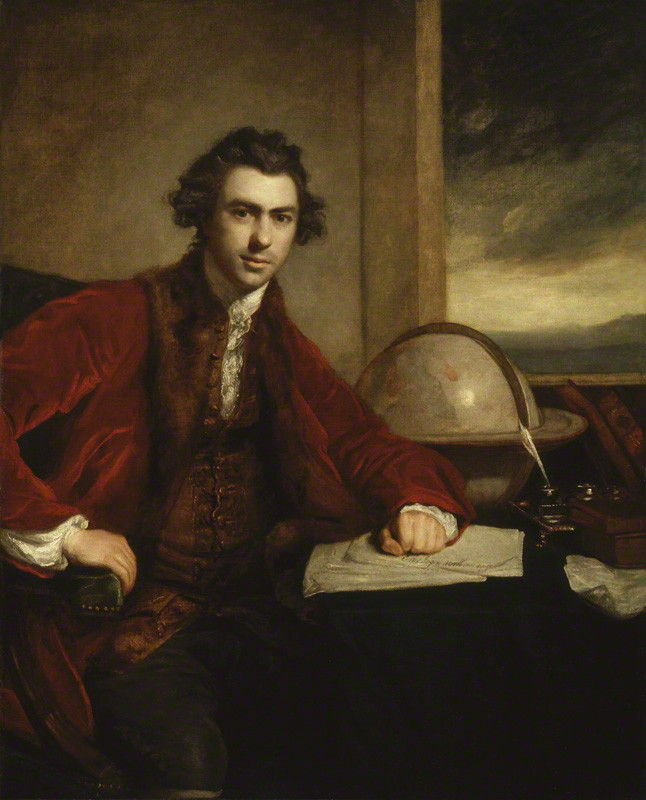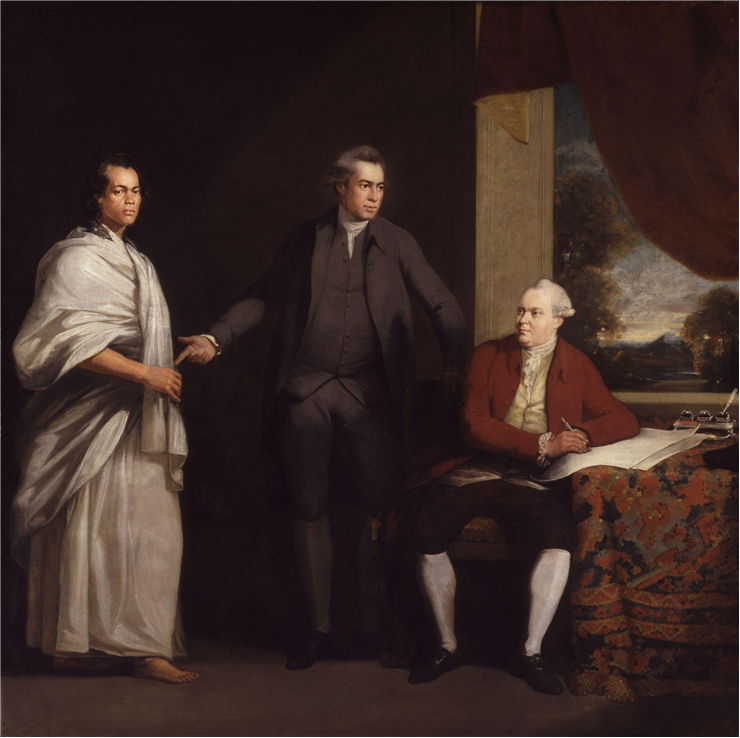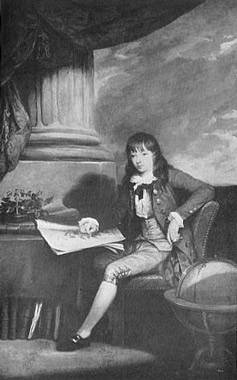Joseph Banks Biography and Facts
Joseph Banks (1743 – 1820) managed during his life to become one of the most respected botanists and naturalists on the Earth, claiming such position in history by his relentless dedication to natural sciences and first-hand experience in both gathering data from the several expeditions he took part of, and for personally managing scientific efforts of the Royal Botanic Gardens where he held position of President for 41 years and several other similar organizations that he helped create and popularize.
Joseph Banks was born on 24 February 1743 in 30 Argyll Street, London, as the son of the William Banks member of the House of Commons, and his wife Sarah. He received education at Harrow School and Eton College and University of Oxford. During his entire youth he was attracted to the nature, history and exploration of plant life, all of which pushed him to pursue the career of botanist. After the death of his father, he inherited large wealth and continued his education outside of Oxford, keeping acquaintances with as much scientists he could come in contact with. At the age of 23 he was elected to the Royal Society, which enabled him to become part of the crew that visited Newfoundland and Labrador on the frigate HMS Niger. During that journey Banks made several notable records that are still referenced today.
Just two years later in 1768 Joseph Banks received posting to join the crew of HMS Endeavour who was commanded by the legendary English explorer James Cook. This expedition in the end lasted more than 3 years, enabling Banks and 7 more scientists to witness newly discovered lands that were not visited by any other European or American. In Brazil, Banks made discovery of now common garden plant bougainvillea, on Tahiti he observed transit of Venus between Earth and Sun, recorded findings on plant life in New Zealand and spent several months exploring Australia, more precisely Botany Bay (today’s location of city of Sidney) and Endeavour River in Queensland. His records of Australian fauna that were published in England in 35 volumes made him one of the most famous botanists of his time.
After returning home, he was welcomed as a hero. He was promoted into position of Baron, held several notable positions such as president of Royal Society, played important position in promoting Royal Botanic Gardens, Kew, organized numerous expeditions, assigned scientist to go on such journeys, and financed efforts for creation of the first precise geological map of England. Another important part of his legacy was his continuous effort to convince British government to colonize Australia, increase trade and remain in closer contact with governors of the English territories on that continent. He died on 19 June 1820 at the age of 77 as one of the most accomplished scientists of his time.
| Name | Joseph Banks |
| Born | 24 February 1743 |
| Place of Birth | 30 Argyll Street, London |
| Died | 19 June 1820 |
| Place of Death | Spring Grove House, Isleworth, London, England |
| Category (Occupation/Profession) | Naturalist, botanist and patron of the natural sciences |
| Nationality | British |
| Religion | Christian |
| Education | Christ Church, Oxford |
| Known For | Voyage of HMS Endeavour, exploration of Botany Bay |
| Famous Expedition(s) | Natural history expedition to Newfoundland and Labrador |
| Spouse(s) | Dorothea Hugessen |
| Parent(s) | William Banks, Sarah Banks |
| Ships | HMS Endeavour |
| Monuments | British Library |


